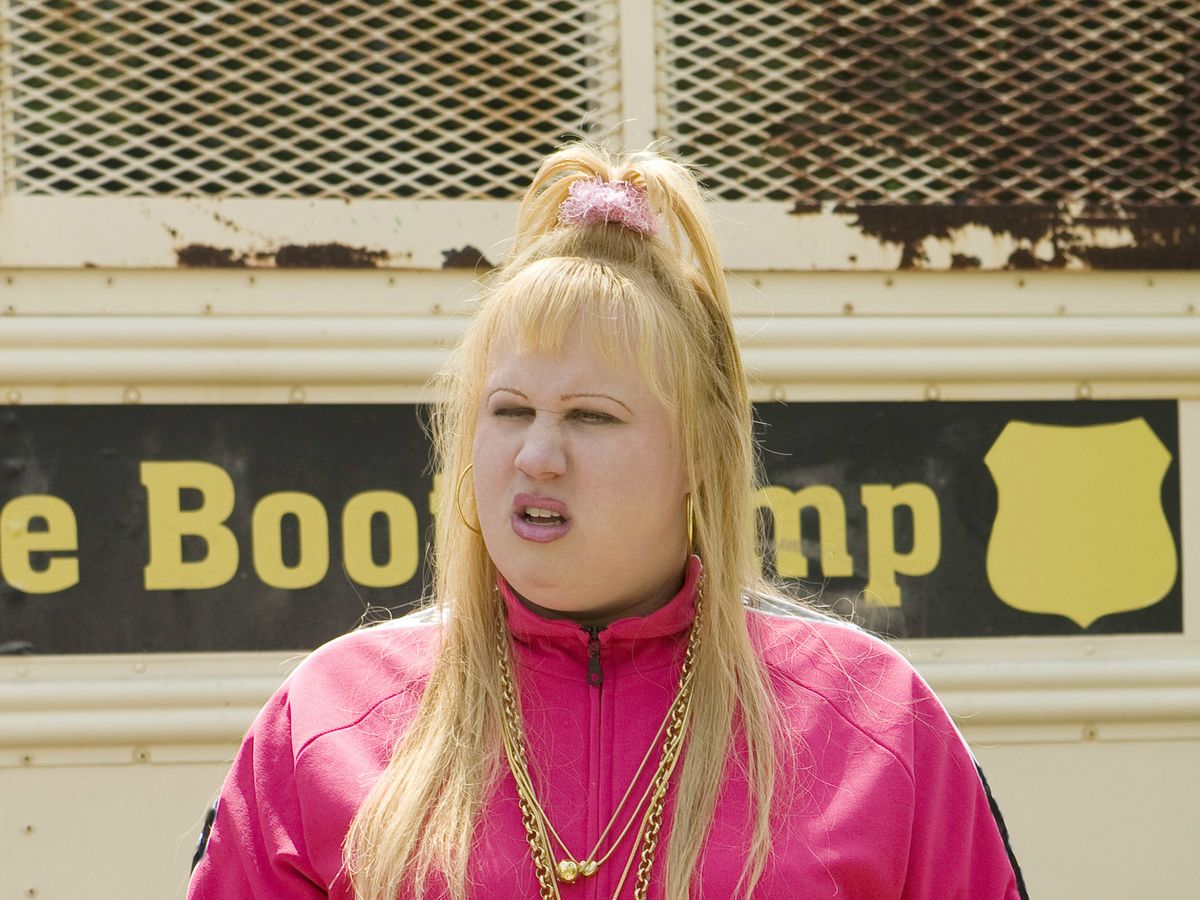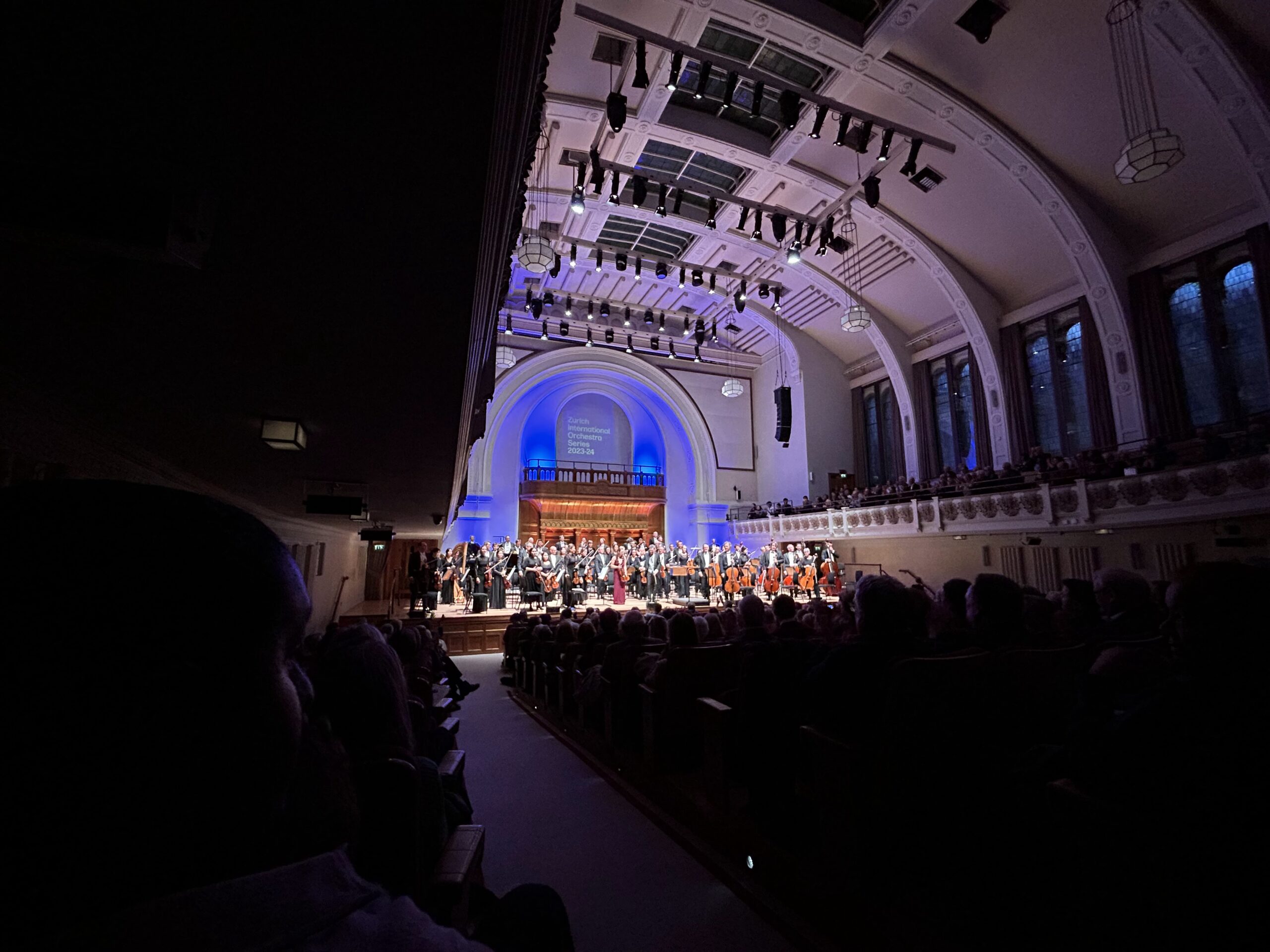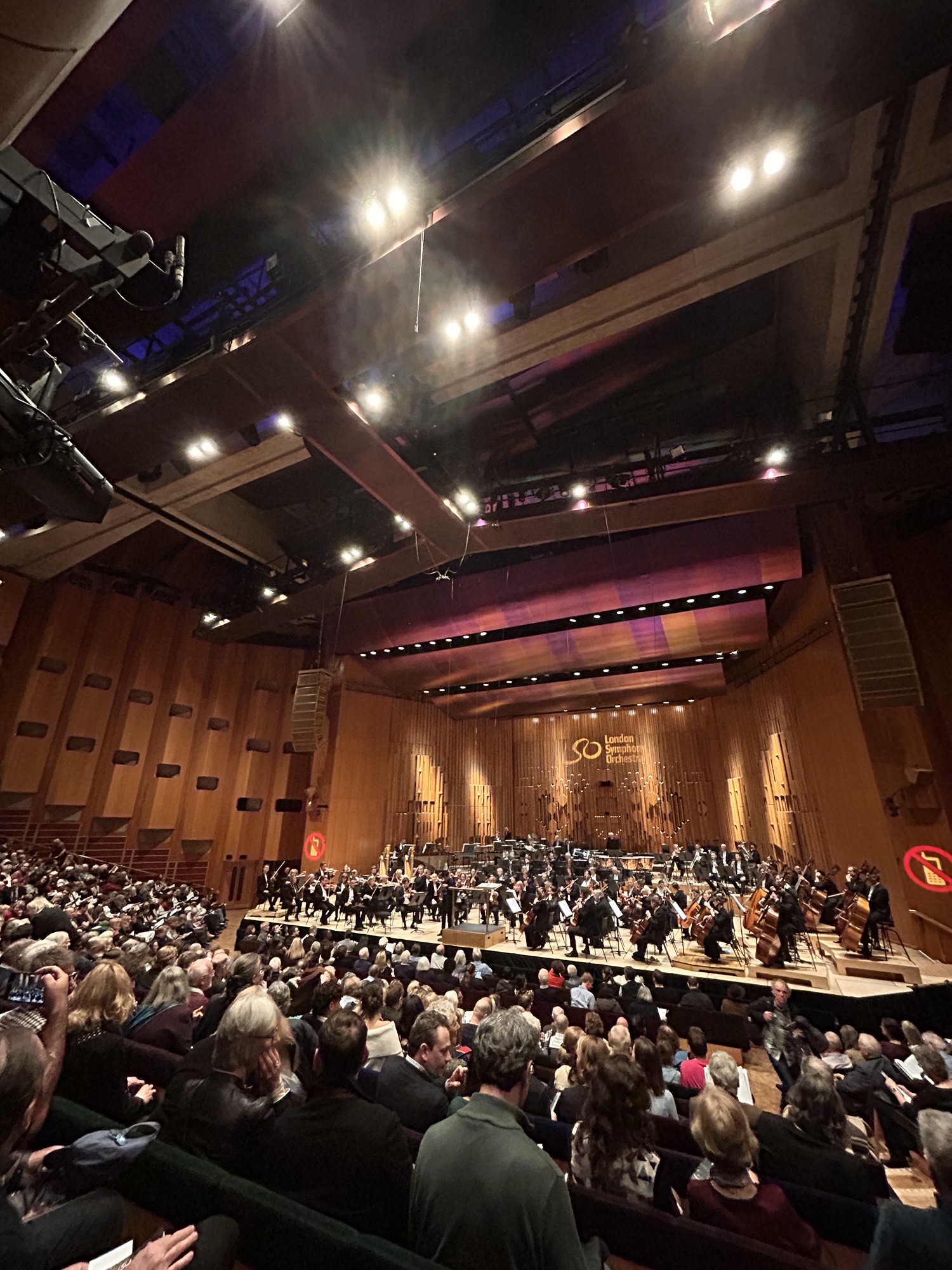I was originally going to write at length (again) about the Wigmore Hall concerts this week. But, you’ll be relieved to read that I won’t.
There isn’t too much more to say, other than how the mere experience of them as a viewer after an extended period of time denied access to high quality live performance virtually, digitally or in person triggers all sorts of thoughts and feelings in response.
The elegant simplicity of Wigmore Hall’s live stream video presentation makes the story that emerges from the gaps in the concert experience electrifying. This week I’ve been obsessed with the things I can’t experience first-hand and the way my imagination leaps in to fill the resulting vacuum.
I’ve spent most of this week watching the YouTube stream wondering about how WH Chieftain John Gilhooly, presenter Andrew McGregor and the assembled musicians say to one another on arrival at Wigmore Hall. Nobody hugs, I’m sure. But how do they greet each other? Do they smile apologetically? Do they jump up and down with excitement? Do they, like I think I’d probably do, sob in front of one another? Or do they just shrug their shoulders and resolve to just get on with it?
The theatre of the visuals only adds to the pathos. Concert producer, concert presenter and performers appear ‘in vision’ – without an audience what we see is a sort of laboratory version of music-making.
As an audience member I find that difficult, on the one hand, though not necessarily for the reasons you might at first think.
Classical music actually does poignancy really well. We can create an unifying event with music, especially when it’s been denied for a while. You only have to look at Menuhin and Britten in the aftermath of the Second World War, or Barenboim and du Pre in the sixties and seventies to see that classical musicians have an enviable range of repertoire at their disposal to help heal wounds and map out a path.
So, when I see an empty auditorium I don’t think that me and others like me should be there. I see a narrative in flow: that those on stage are keeping everything warm for us the audience member.
There was a sense watching Nicholas Daniel, and pianists Pavel and Sampson that they and others like them would continue to play for as long as they needed or wanted to. That they would play – patiently, resolutely – until we the audience returned.
Musicians right now whether it’s in locked-down concert halls or playing live from their front rooms and giving us the audience a call to arms. The rest of us are waiting for the barriers to be dismantled. And they will. Eventually.



